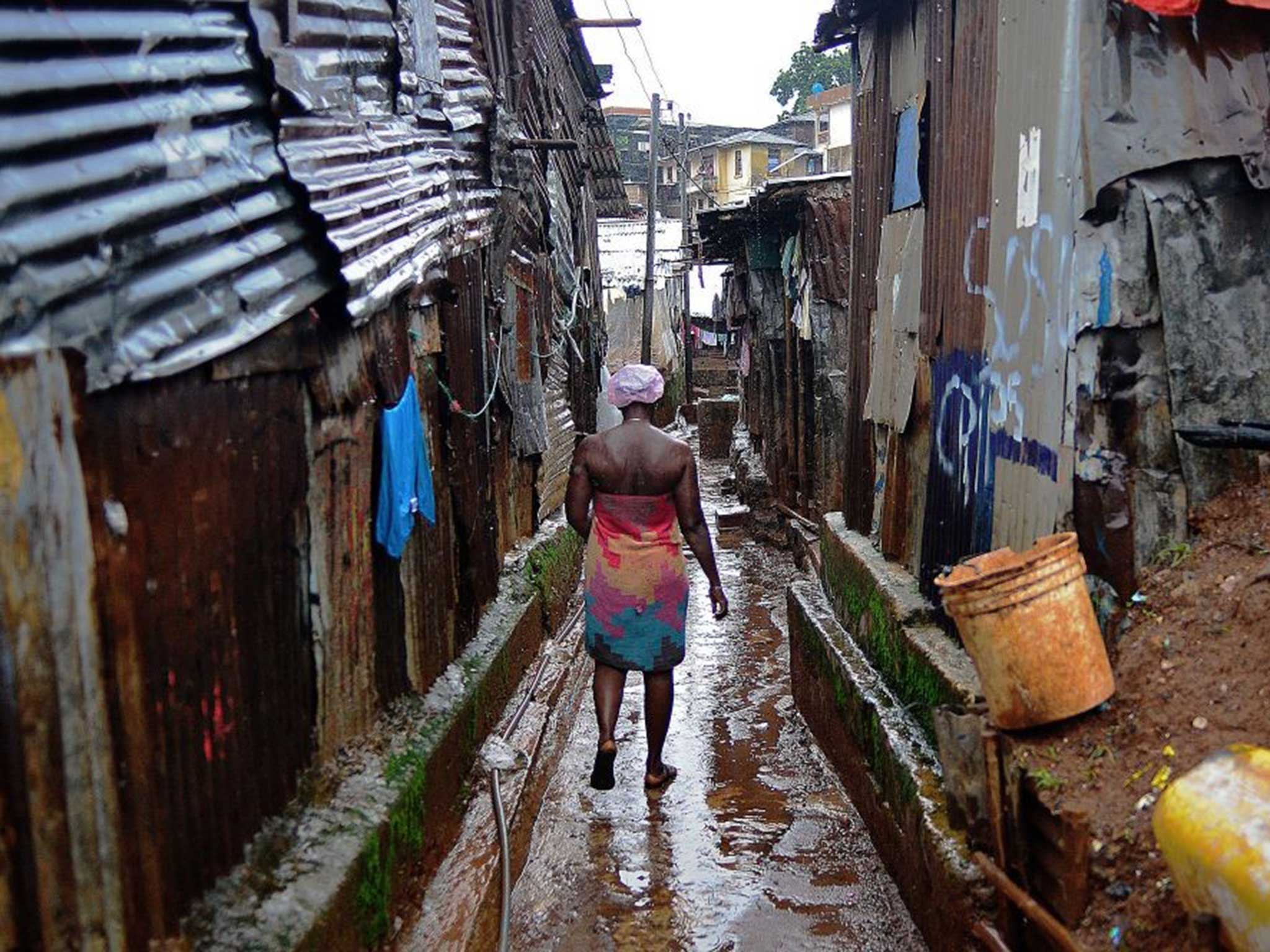Ebola outbreak: Black market for blood of survivors emerging as virus spreads
World Health Organisation says demand for experimental serum is growing

Your support helps us to tell the story
From reproductive rights to climate change to Big Tech, The Independent is on the ground when the story is developing. Whether it's investigating the financials of Elon Musk's pro-Trump PAC or producing our latest documentary, 'The A Word', which shines a light on the American women fighting for reproductive rights, we know how important it is to parse out the facts from the messaging.
At such a critical moment in US history, we need reporters on the ground. Your donation allows us to keep sending journalists to speak to both sides of the story.
The Independent is trusted by Americans across the entire political spectrum. And unlike many other quality news outlets, we choose not to lock Americans out of our reporting and analysis with paywalls. We believe quality journalism should be available to everyone, paid for by those who can afford it.
Your support makes all the difference.Ebola has infected nearly 4,800 people. It has killed more than 2,400. And a black market for the blood of its survivors is emerging in the epicenter of the outbreak in West Africa, according to the World Health Organisation (WHO).
Convalescent serum — serum collected from someone who has survived an infectious disease — has been used to treat Ebola victims. Most recently, it was given to 51-year-old American aid worker Rick Sacra from survivor Kent Brantly. Blood from Ebola survivors is rich with antibodies against the deadly virus, and since there is currently no approved drug to fight it, some have become desperate enough to take fate into their own hands and turn to the black market for the experimental serum.
But WHO is concerned about the illicit trade, since giving a patient someone else’s blood can cause anaphylactic shock and death or infect with other diseases such as HIV if the blood is tainted. For that reason, the United Nations health agency said it will work with governments to stamp out the black market, WHO Director-General Margaret Chan said, and establish a safe system for collecting, storing and re-injecting blood.
The black market also has some worried about the fate of supplies shipped in from the outside. On Tuesday, as President Obama was set to announce a 3,000-troop commitment to Africa, Laurie Garrett, senior fellow for global health at the Council for Foreign Relations, told the Hill she was concerned the airdropped supplies might turn up on the black market. Officials did not say in which country the black market was found.
No medication has been approved or is readily available to treat Ebola, though an experimental treatment called ZMapp was used on Brantly and Nancy Writebol. For now, patients are given intravenous fluids, antibiotics and blood transfusions to help their immune systems fight back.
“We are supporting use of whole blood and convalescent serum to manage Ebola virus disease in the West African Ebola outbreak,” WHO spokesman Margaret Harris said. “Whole blood has already been used in a number of centers.”
It’s unclear how successful convalescent serum has been in treating Ebola, but with close to half of its victims still alive, the potential pool of donors is substantial. In addition to WHO’s work, doctors at Emory University Hospital in Atlanta and Nebraska Medical Center in Omaha are building a registry of survivors by blood type to help future victims, Bloomberg said. And the U.S. National Institute of Health is working on a vaccine.
© Washington Post
Join our commenting forum
Join thought-provoking conversations, follow other Independent readers and see their replies
Comments